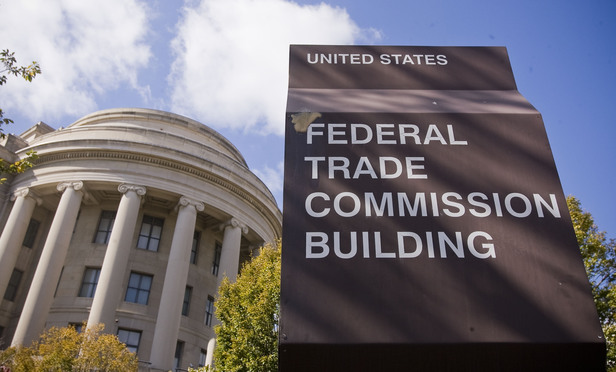WASHINGTON, D.C.— The Franchise Rule is the guideline that franchisors follow in disclosing the risks and benefits of a franchise investment. It is a rule that the Federal Trade Commission says it strives to update every ten years.
The last time it was amended was 2007. At the time, Susan Kezios, chairperson of the American Franchisee Association, told Blue MauMau just how little change there was for franchisees. “The Federal Trade Commission labored a dozen years to revise its Franchise Rule — only to give birth to a mouse,” declared Kezios.
To be fair, there were changes. For example:
- Instead of 14 days ahead of the franchise purchase, the disclosure document could be delivered to the buyer in 10 days
- Franchise brokers no longer needed to be disclosed
- Reporting of related franchise litigation of the parent company became a requirement
What Kezios was alluding to was that these were superficial changes around what was needed most to give the rule teeth – a franchisee’s private right of action to go after a wayward franchisor in order to help the Federal Trade Commission enforce its rules. There was nothing then, and nothing now in 2016 about the big gorilla in the room – the FTC sharing its power to go after wayward franchisors by giving franchisees a private right of action to enforce its rules through lawsuit.
Kezios back then explained why a private right of action is necessary to give teeth to the Franchise Rule. “Because the FTC has a consistent record of rarely (if ever) enforcing its own Rule, a private right of action would allow franchisees their only remedy for franchisor fraud and material omissions in the 38 states without state franchise registration/disclosure laws. A private right of action would also level the playing field by taking away the unfair advantage of regional franchisors who offer franchises for sale only in non-registration states. Without it, there is no level playing field for franchisees, no checks and balances for franchisors, and no opportunity for the mouse that is the FTC’s revised Franchise Rule to roar.”
Keith Miller, the current chairman of the Coalition of Franchisee Associations, agrees with those statements from eight years ago. He stresses that without the private right of action, there is no remedy via the FTC or state regulators for the franchisee, even if the Franchise Rule is violated and an enforcement agency takes action against a bad franchisor because the franchisee is not able to take the franchisor to court for damages. In addition, the private right of action would allow the franchisee, in a sense, to create enforcement of the Franchise Rule when the FTC or state agency is unable to investigate or take action on alleged violations, often due to limited staffing.
Miller stresses that there are other updates that still need to happen to the Franchise Disclosure Document. “We believe that EBITDA needs to be disclosed,” he told Blue MauMau. However, he thinks that more than anything else, franchisees need a private right of action if the franchisor inserts bogus information to trick franchise investors to buy. “Changes for better disclosure in the Franchise Disclosure Document does not carry much meaning to franchisees unless there is some teeth, a private right of action,” says Miller. “Otherwise, states, or even the federal government, can penalize franchisors for misleading disclosure of EBITDA, but the individual franchisee will be hard pressed to recover from the harm to him or her. Requiring a franchisor to disclose earnings won’t put money in the franchisee’s pocket if a franchisor lies to him,” says the chairman of the franchisee association.
Read the original article from Blue Maumau here.

